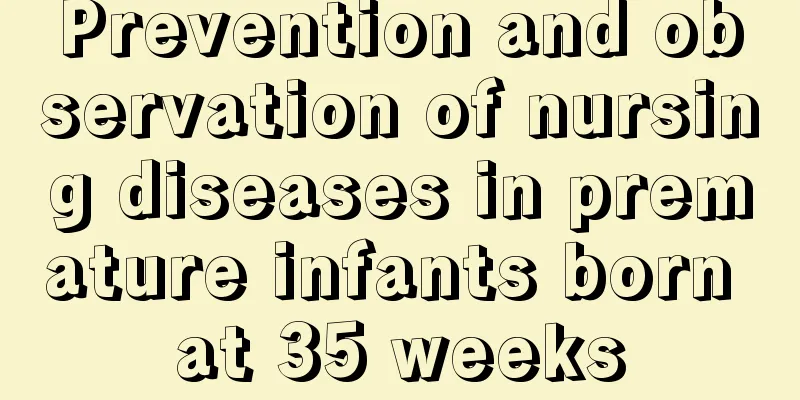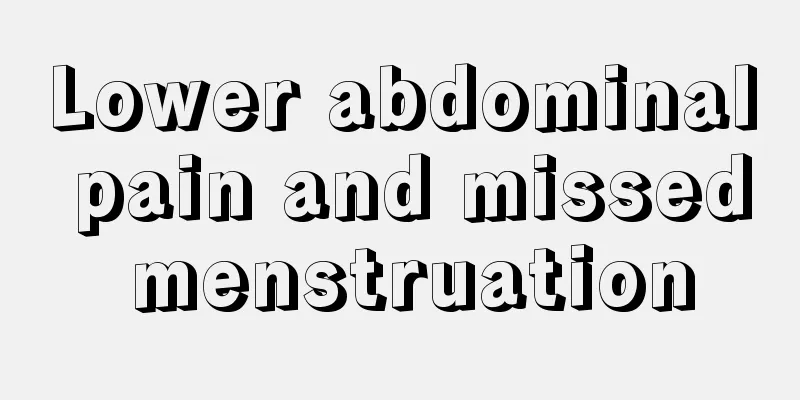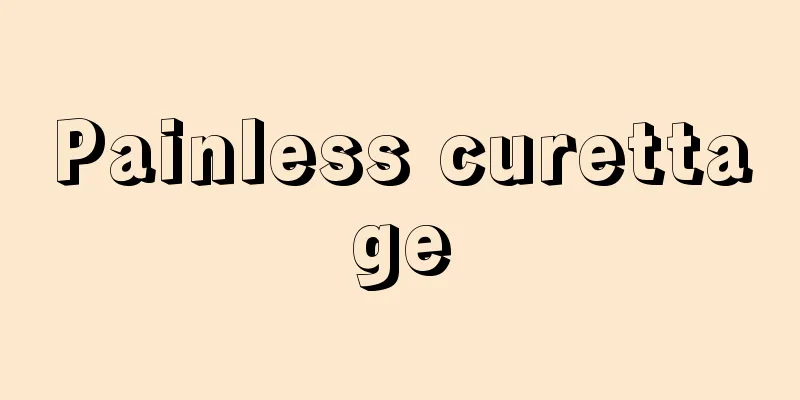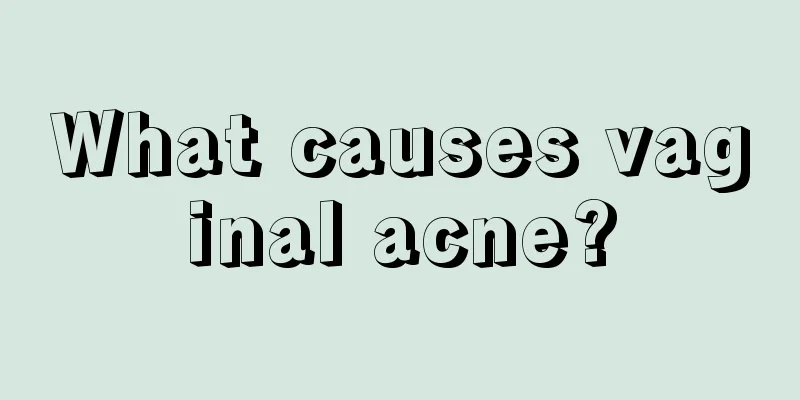HPV positive after hysterectomy
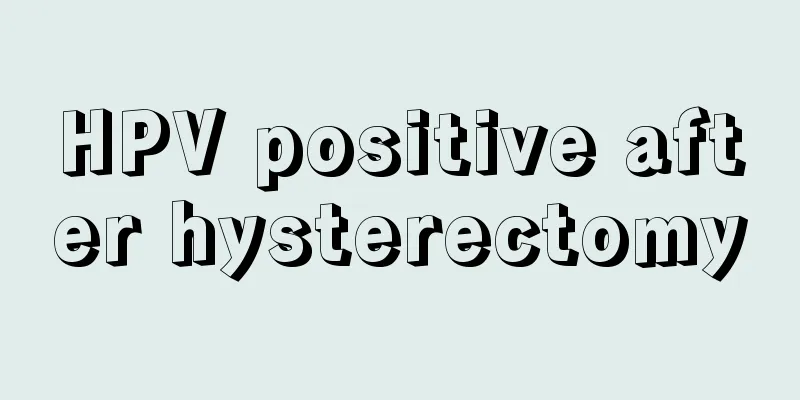
|
Will I still be infected with HPV after having my uterus removed? The uterus is a female characteristic and an important organ in the female reproductive system. So, will HPV infection continue after hysterectomy? Next, the article will give you a detailed introduction on whether HPV infection will continue after hysterectomy. 1. Will I still be infected with HPV after having my uterus removed? Even if the uterus and cervix are removed, it is possible to be infected with HPV, but this is not certain. Surgery can prevent somatic cell mutation, but it cannot prevent viral replication. Six weeks after total hysterectomy, the patient should go to the hospital for a follow-up visit to understand the status of wound repair. Generally, sexual intercourse is strictly prohibited for 3 months after the operation to facilitate wound healing. Then you can restore your married life. 2. In what cases is uterine removal necessary? 2.1. Uterine fibroids cause heavy bleeding, or long-term excessive menstrual flow, prolonged menstruation, and even anemia, which cannot be cured by medicine. At this time, surgical removal is a reasonable solution. 2.2. When uterine fibroids grow to the size of a fist, other organs in the pelvis are compressed. Surgical removal can eliminate the symptom, and the chance of malignancy of large uterine fibroids is greater than that of small uterine fibroids. 2.3. The growth rate of uterine fibroids is too fast, or after menopause, uterine fibroids not only do not shrink, but increase in size. 2.4. If a woman is infertile but all other tests are normal, the cause of the infertility may be uterine fibroids. Uterine fibroids may lead to recurrent miscarriage. 3. Common dietary issues after hysterectomy 3.1. Increase protein intake: Foods rich in protein, including fish, meat, beans, eggs, and dairy products, can help wound repair and increase energy. You can choose more freshwater fish because fish is easy to digest. Remember to eat meat instead of just drinking porridge. 3.2. Appropriate fruits and vegetables: Because fruits and vegetables are rich in vitamins and minerals, they can help patients heal wounds and enhance the body's resistance. 3.3. Drink more water. 3.4. Do not eat foods that are prone to bloating: such as onions, cabbage, sweet potatoes, beans, etc. 3.5. Eat regularly and quantitatively, and do not overeat or drink too much. 3.6. Adhere to a low-calorie diet and eat more lean meat, eggs, vegetables, fruits, etc. 3.7. Eat more whole grains such as corn, beans, etc. 3.8. Eat nutritious dried fruits such as peanut kernels, sesame seeds, sunflower seeds, etc. 3.9. The most important thing about diet after hysterectomy is to avoid spicy food, alcohol, frozen food and other foods. |
<<: What are the symptoms of thin endometrium?
>>: Can autism be detected during pregnancy?
Recommend
Reasons for a week late menstruation
Menstruation is a physiological phenomenon unique...
What to do if the contractions are not strong
Pregnant women are both happy and painful during ...
Frozen embryo transfer for ectopic pregnancy
Pregnancy is a major event that adds joy to a fam...
What to do if a pregnant woman has chronic suppurative otitis media
The physical health of pregnant women is of param...
The new year is over. If you don’t want to be emo after the holidays, take the psychologist’s “prescription to calm down” now!
The wonderful Spring Festival holiday has come to...
What is the reason for a three-day delay in menstruation?
Sometimes women's menstruation may be delayed...
What are the precautions after laparoscopic surgery for ovarian teratoma?
Laparoscopic surgery for ovarian teratoma is a mi...
What is the reason for the sudden reduction of menstrual flow?
For women who want to make their bodies healthier...
What calcium tablets should women take to supplement calcium?
Nowadays, many female friends are suffering from ...
The penis is hard and a bit painful
Some women may inadvertently notice a hard lump o...
How many days of breastfeeding can you know if you are pregnant?
Many people mistakenly believe that it is difficu...
White lochia with a fishy odor
It takes three weeks for mothers to discharge loc...
Why can bubble gum make big bubbles? What is bubble gum made of?
Bubble gum is a candy that is only used for chewi...
What does a female vagina look like?
The vagina is located between the private parts a...



